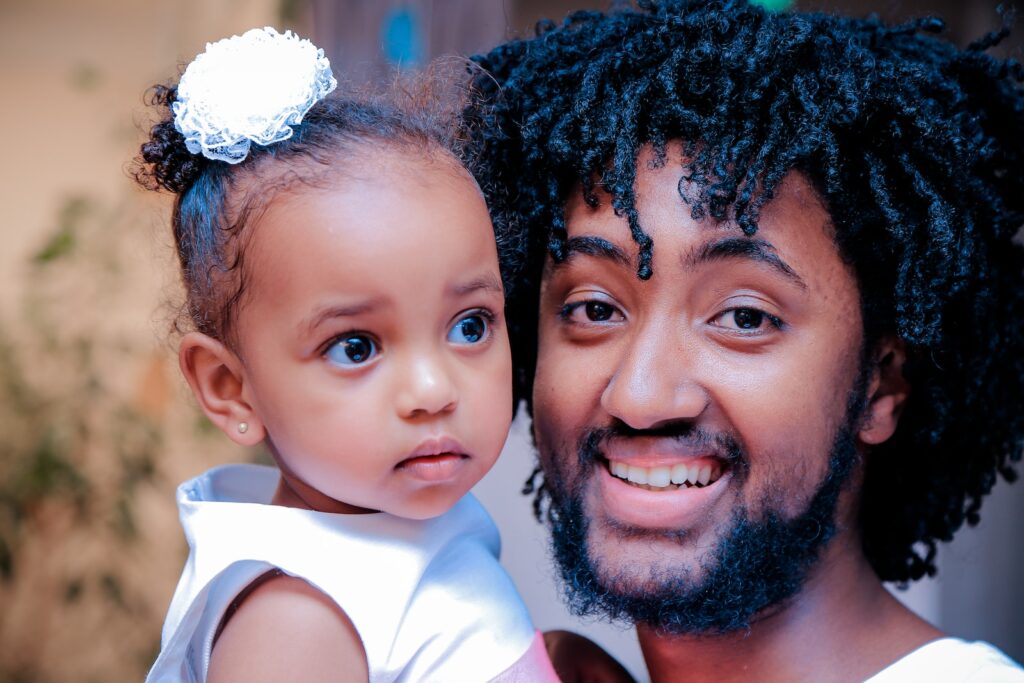
Any type of abuse is a traumatic event that can have adverse developmental effects on children. It is important to be able to have difficult conversations, safety plan, and find legal protection for children. Reach out to Day One for help.
What are Adverse Childhood Experiences (ACEs) and Positive Childhood Experiences (PCEs) and how do they affect my kid’s life?
Adverse Childhood Experiences (ACEs) are traumatic events that occur in childhood including violence, abuse, or growing up in a household with mental health or substance abuse problems. The stress induced by these events can alter brain development and change how the child will react to stress in future situations. ACEs are often linked to chronic health problems (heart disease, diabetes, being overweight, etc.) , mental illness, socioeconomic challenges, and substance abuse issues in adulthood.
Positive Childhood Experiences (PCEs) are positive events and relationships that buffer against the negative effects of ACEs, lowering a child’s risk for negative mental and physical health outcomes. Although ACEs can be hard to prevent in a situation of domestic violence or sexual violence, when a child has someone they are able to talk to about their feelings, feels a sense of belonging amongst peers and family, feels supported and loved, and feels safe and protected by an adult in their home, they have better lifelong mental health, physical health, economic and job stability, and lower risks of substance abuse.
Here are some ways you can facilitate PCEs in your child’s life:
- Create a welcoming environment for talking about feelings
- Encourage extracurricular or group activities with peers
- Have a counselor/mentor (whether that be in school or private) or another family member outside of the immediate household, who is a safe and caring adult that shows interest and attention to the child
- Create a physical and emotional safety plan with children so they can find ways to feel safe and protected when violence is inevitable in a situation of domestic abuse
How can I talk to my kids about difficult topics?
To address ACEs and facilitate PCEs, it is important to be approachable and to be an askable adult for youth, which also requires being an active listener.
An Askable Adult:
- Creates mutually respectful connections
- Uses open ended questions which invites a free flow of information instead of “yes” or “no”
- Focuses on truth and facts and discusses myths, stereotypes, social norms, and family values
- Develops rapport and finds their “in” or common ground
- Reconnects with how they felt as a young person
- Utilizes humor as appropriate
- Notices their own language and asks youth about the latest slang terms for dating, etc.
- Remains open minded and remembers that 78 percent of teens who are assaulted do not tell adults
- Doesn’t assume their experience level and doesn’t take for granted their own ability to understand and make healthy choices
- Learns about available resources
An Active Listener:
- Concentrates
- Acknowledges
- Responds
- Empathizes
How can I create a safety plan for my children?
In addition to a parent’s safety plan for domestic violence, children should also have a physical and emotional safety plan for those situations.
A physical safety plan would consist of safe places to go to avoid being a witness to domestic violence: sometimes a neighbor’s house, a relative that is close by, or a quiet, secluded room where they feel safe and have items that are comforting. It would also have a list of people to call in an emergency, including the police, a close relative or family friend, a neighbor, or anyone who is a safe and caring adult to that child that is able to come get them if necessary. Create a safety plan with the child, so they can give their input on where they feel safe and who they would like to call if they need to. In the event of an emergency in relation to domestic violence in the home, the child will have the knowledge of their safety plan (or even a physical copy of it) to act on and keep themselves out of harm’s way.
An emotional safety plan focuses on the child’s feelings in situations of domestic violence and how to cope and do self-care after the fact. Have the child name things that make them feel overwhelmed or stressed, creating the dialog of understanding when to enact coping skills or self-care. If there is a situation happening, the child more likely than not will feel the tension in the overwhelming emotions in the home and start to be overwhelmed too. In those moments, the child should follow their physical safety plan of where to go to be safer. Once there, they can practice coping mechanisms like reading, listening to music, playing a game, etc. When it is safe to come out again, you can work with the child to do self-care by expressing emotions of what happened and allowing them to work towards feeling better.
What kind of legal protection can I create for my children?
Legal protection for a parent experiencing domestic violence extends to their children as well. When filing for an Order for Protection (OFP), there is an option to add a child or another person to the file so that they are also granted protection under the order.
Get Help for Yourself and Your Children
If you have questions or concerns about yourself or your children’s safety, Day One is here to help. Call the Minnesota Day One Crisis Line 1-866-223-1111 to speak with an advocate (interpreters are available), text 612-399-9995, or click the CHAT NOW button on this site to connect with a Day One advocate. A Day One advocate is available 24 hours a day, 7 days a week to assist you.
If you or your children are in immediate danger, please call 911.
